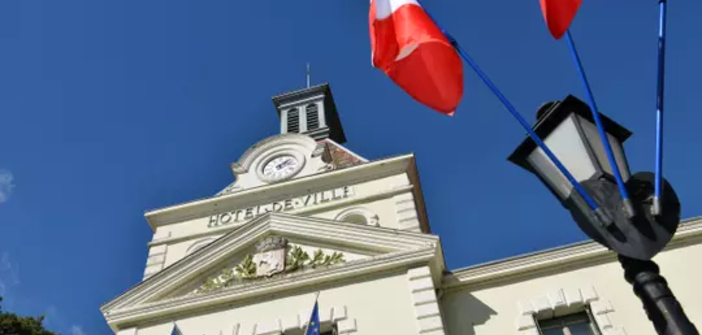With the end of lockdown, politics is regaining its momentum. Out of the 35,000 municipalities, 5,000 (including the most politically significant ones) where voters did not elect a mayor on March 15, need to complete the interrupted electoral process.
After considering postponing to September (a draft law to this effect was submitted to the National Assembly), the improvement in the health situation allows for a closer date, June 28.
The Scientific Council, consulted by the government, has published its opinion, which is not opposed to this hypothesis, although some recommendations call for caution: no rallies, no markets, no door-to-door campaigning during the fifteen-day electoral campaign.
But, in fact, hasn’t the campaign already taken place before the first round? Now, it’s about electing the mayor from the remaining candidates (normally, two or three compared to at least double that in the first round).
This decision would allow Municipal Councils to be formed, elect the mayor, grant delegations to deputies, and restore normal functioning before the summer holidays and the autumn term, when preparations for the recovery and the 2021 budget, an undertaking which, in light of the pandemic crisis, does not seem simple at all, are needed.
Today, the Prime Minister will meet with party leaders for a consultation before the President makes a decision, which will be discussed in Parliament.
Each of the interlocutors will put forward their orientations according to electoral interests, particularly the right-wing LR, which is well-positioned to win the largest number of mayorships at stake.
In Nice, Christian Estrosi, well ahead after the first round, is eager to end this wait and move to action with all the legitimacy that the electoral vote grants.
Among the most populated municipalities in the metropolis, Cagnes-sur-Mer, Vence, and Carros are part of the group that will need to ask the public to express themselves for a second time.


